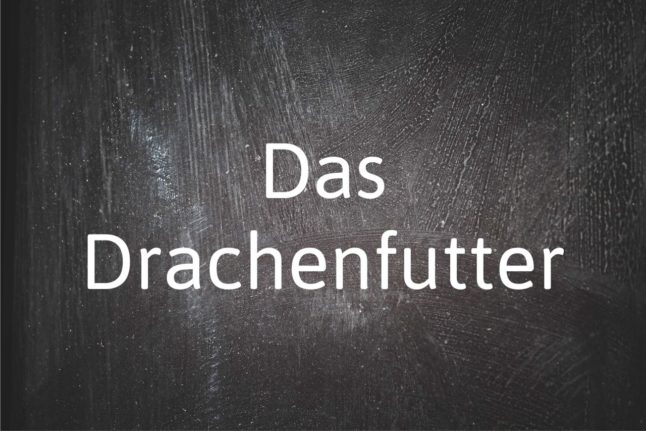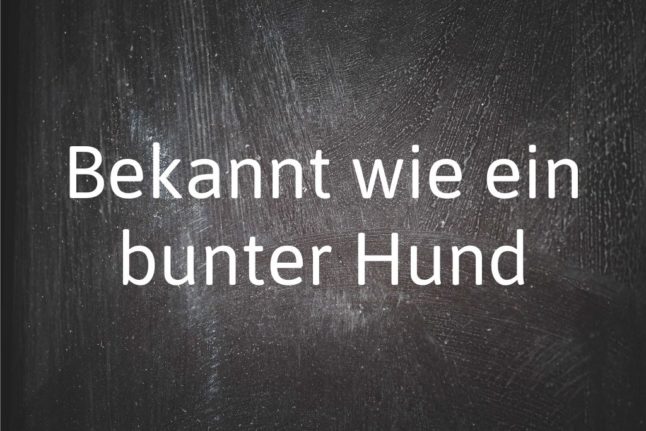What does it mean?
This compound word is one of those ‘only in German’ words that capture a life experience. Der Drache translates to “the dragon,” and Das Futter translates to “the feed or fodder.” Das Drachenfutter literally means “the dragon food.”
Unless you’re watching Shrek or Game of Thrones in German, this word might not seem all that useful. Find yourself returning home to a loved one after a night out with too many beers though, and it could come in handy.
How is it used?
Das Drachenfutter is the term used to describe the chocolate, flowers, or other treats that one might pick up on the way home from the bar when he or she starts to feel guilty about the one beer with friends that turned into an entire night out.
The Drachenfutter is a treat meant to mitigate the angry reaction from your dragon, er, beloved.
Example Sentences:
Ich muss in den Shop gehen und meiner Frau etwas Drachenfutter kaufen.
I must go into the late night shop and buy some dragon food for my wife.
Schokolade ist bei weitem das beste Drachenfutter.
Chocolate is by far the best dragon food.



 Please whitelist us to continue reading.
Please whitelist us to continue reading.
Member comments